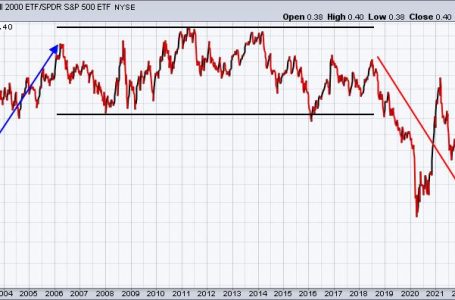Trump administration takes shape: President-elect completes top 15 Cabinet picks
Fruitas expands portfolio with Mang Bok’s asset purchase

LISTED Fruitas Holdings, Inc. is venturing into the roasted chicken segment after its subsidiary acquired the assets of Mang Bok’s brand.
Fruitas subsidiary Negril Trading, Inc. became a 60% shareholder of Bigboks Enterprises, Inc., which served as the acquisition vehicle for Mang Bok’s business assets, the listed company said in a regulatory filing on Tuesday.
The deal between Negril and Bigboks comprised 960,000 shares, equivalent to a 60% stake, at P9.23 per share, totaling P8.86 million.
“The acquisition includes all assets, including inventories, equipment, leasehold improvements, transportation equipment, if any, intellectual property rights/trademark, franchise ownership grant/rights, contractual rights to suppliers and lessors including security deposits at the time of acquisition,” Fruitas said.
Established in September 2022, Mang Bok’s is known for its roasted chicken, roasted pork belly (liempo), other fried items, and rice meals.
“Our family continues to grow larger and more fruitful. Bringing Mang Bok’s into the diverse portfolio of House of Fruitas is an exciting opportunity for us. This acquisition perfectly aligns with our commitment to excellence and our customer-centricity approach,” Fruitas President and Chief Executive Officer Lester C. Yu said.
For the first nine months, Fruitas grew its net income by 35% to P95 million as revenue surged by 19% to P2.1 billion.
Gross profit increased by 21% to P1.27 billion while earnings before interest, taxes, depreciation, and amortization rose by 18% to P305 million.
Fruitas has 851 stores nationwide. These include 732 kiosks/carts/inline stores, 105 community stores, and 14 cloud kitchens and restaurants.
Fruitas has more than 25 brands in its portfolio, including Fruitas Fresh from Babot’s Farm, Buko Loco, Buko ni Fruitas, De Original Jamaican Pattie, Johnn Lemon, Black Pearl, and Sabroso Lechon.
On Tuesday, Fruitas shares fell by 1.37% or one centavo to 72 centavos apiece. — Revin Mikhael D. Ochave










